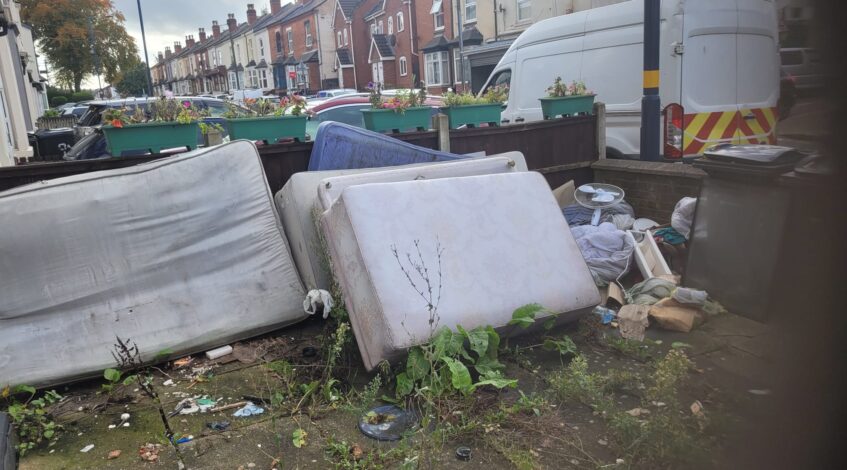A reliable waste collection service is essential for maintaining a clean, safe, and environmentally responsible community. Waste collection services go beyond simply removing garbage; they play a vital role in waste segregation, recycling, and responsible disposal, making them an invaluable part of waste management. From residential and commercial properties to construction sites, waste collection services cater to the unique disposal needs of a diverse customer base.
1. Understanding Waste Collection Services
Waste collection services are designed to streamline the process of collecting, transporting, and disposing of waste. For homes, this typically involves collecting household waste, including general rubbish, recyclables, and garden debris. In commercial settings, waste collection services focus on managing larger volumes of waste generated by businesses, often including recyclables, electronic waste, and hazardous materials. Meanwhile, construction sites rely on waste collection to handle debris like wood, metal, and concrete, ensuring that these materials are cleared away quickly and safely.
2. Waste Segregation and Recycling
A significant advantage of waste collection services is their commitment to waste segregation and recycling. By separating recyclable materials—such as paper, glass, metal, and plastic—at the collection stage, waste collection services reduce the amount of waste sent to landfills and promote sustainable practices. Specialized recycling processes for electronic waste and hazardous materials ensure that toxic components are handled according to industry standards, minimizing the risk of environmental contamination.
Many waste collection providers are committed to diverting as much waste as possible from landfills. For instance, green waste can often be composted, while metals, plastics, and paper can be sent to recycling facilities. These efforts help conserve natural resources, reduce pollution, and lower greenhouse gas emissions.
3. Specialized Services for Different Needs
Waste collection services aren’t limited to just everyday garbage removal. Many providers offer specialized options to address unique disposal needs. For instance, single item removals are ideal for bulky items like old furniture or large appliances, while construction waste collection is geared toward handling heavy materials and debris from building sites. Additionally, electronic waste and hazardous waste collection services allow for the safe disposal of items like old computers, batteries, and chemicals, which can be harmful if not managed correctly.
4. Benefits of Professional Waste Collection Services
Opting for a professional waste collection service provides convenience and safety, both of which are crucial for homes and businesses alike. By outsourcing waste collection, individuals and companies can focus on their day-to-day activities without worrying about the logistics of waste disposal. Professional waste collectors also bring expertise in handling and transporting various types of waste, ensuring that hazardous materials are disposed of safely and responsibly.
Moreover, many waste collection providers offer flexible options like scheduled pickups, same-day service, and even emergency pickups, making it easy to adapt to the specific needs of clients. For instance, a business generating large amounts of waste can arrange for frequent pickups, while a household with minimal waste might opt for weekly or bi-weekly services.
5. Choosing a Waste Collection Provider
When selecting a waste collection service, it’s important to consider factors like the provider’s commitment to recycling, their range of specialized services, and their reputation for reliability. A trustworthy provider will have a transparent pricing structure, clear scheduling options, and a dedication to environmentally sound practices.
In summary, a reliable waste collection service is key to managing waste efficiently, safely, and sustainably. With the help of waste collection services, communities can keep spaces clean, protect the environment, and ensure that waste is handled responsibly.

